US THAAD deployment escalating tensions in East Asia: Pundit
The United States’ planned deployment of the Terminal High Altitude Area Defense System (THAAD) in South Korea has infuriated not only the neighboring North, but Russia and China as well. Moscow and Beijing consider the move as a provocation meant to escalate tensions on the Korean Peninsula and trigger an arms race in the region. South Korean people have also held protest rallies against THAAD deployment. Press TV has sought the opinions of two experts on what has prompted Russia, China, North Korea and even a segment of the South Korean society to oppose the deployment.
Michael Maloof, a former Pentagon official from Washington, said that the United States pursues the deployment of the THAAD system as a provocative act to push China and Russia to pressure North Korea.
The deployment of the THAAD system “is further escalation of an already dicey situation,” because “tensions are already very high and rather than trying to lower the threshold of military exercise, the US has adopted a policy, which has aggravated the situation,” Maloof told Press TV’s “The Debate” program.
Instead of trying to calm down North Korean Leader Kim Jong-un, the United States has angered China and Russia through its enhanced military buildup on the Korean Peninsula, he added.
The radar system, he stated, “could be used as a bargaining chip by the United States to get the Chinese to put more pressure on Kim Jong-un to be a little more reasonable in terms of talks.”
The United States took part in the six-party talks along with North Korea, South Korea, China, Japan and Russia to find a peaceful resolution of security concerns over North Korea’s nuclear weapons program. These talks were held in six rounds from 2003 to 2007.
Maloof went on to say that instead of carrying out provocative acts like the deployment of the radar system, the United States was “expected to have fewer military exercises” to ensure Pyongyang that it was not mulling nay any nuclear attack against the country.
He referred to the capability of Russia and China to retaliate US provocations, saying that Moscow and Beijing could provide North Korea with weapons to escalate the situation.
There has been speculation about the possibility of some escalation on the Korean Peninsula during the transition of power in the US. President-elect Donald Trump added fuel to the fire when he tweeted on January 2 that he would not tolerate fresh signs of North Korean aggression.
Trump further raised controversy when he tweeted, “China has been taking out massive amounts of money and wealth from the US in totally one-sided trade, but won’t help with North Korea.”
Maloof underlined that the US president-elect can work with China to solve the situation on the Korean Peninsula, adding that ties between Beijing and Pyongyang have been strained over the past year because Kim eliminated certain figures who had close relations with China.
However, the analyst noted, the shift in relations between China and North Korea may push the Trump administration to hold direct talks with Pyongyang.
The American president-elect probably feels that “he is in a better position to be able to work with Russia and China without the threat of regime change or nation building, which has been the hallmark of the past three administrations in the United Sates,” the expert added.
Trump has made it clear both during the presidential campaign and after his victory that he wants to bridge the gap between the US and Russia, but elements in America including the intelligence apparatus and some congressmen have resorted to diverse means to prevent him from improving ties with Russia.
Maloof said that “Russia constitutes the comfort zone for the intelligence agencies in the United States and they always looked upon the Russians as their adversaries.”
According to the analyst, Trump’s opponents are angry with the US-Russia rapprochement, because Russians are challenging American intervention in other regions as well as the US-led NATO expansion in Europe.
However, he noted, President “Putin has been purposely calm and he did not retaliate when [US President Barack] Obama kicked out 35 Russian diplomats and that was a clear signal that he wanted to cool the climate a little bit.”
The other panelist on the show said that “North Korea is the main threat” on the Korean Peninsula which the United States is seeking to contain.
Peter Sinnott, an independent scholar from New York, said Kim Jong-un’s threats “to fire intercontinental ballistic missile (ICBM) at any time anywhere” were a source of concern.
He further ruled out concerns over the US missile shield system, arguing that Washington has promised to use the THAAD system only against Pyongyang.
So, he said, there is no need for China or Russia to be upset about the deployment of the radar system, because it is a “defense system” to encounter threats from North Korea.
The scholar pointed to Trump’s demand for Chinese cooperation, adding, “He is expecting China especially to pull back North Korea from this nuclear brink.”
The Chinese position on the North Korean ICBM program seems to be a test for future relations between Washington and Beijing, he argued.
He touched on NATO’s eastward expansion in Europe, saying that Poland and the Baltics invited the United States and other NATO allies to be more involved in that area.
Referring to the relationship between Russia and the US, Sinnott quoted Russian President Vladimir Putin as saying that the collapse of the Soviet Union was the worse “catastrophe” of the 20th Century, adding that the president made it clear that he wanted to rebuild that era.
He accused Russia of reasserting a “colonial empire without much responsibility,” noting that Russians’ attack on eastern Ukraine has been in line with their geopolitical agenda.
The ties between Russia and the US deteriorated during the Obama administration, but the incoming administration had signaled that it is open to resolving disagreements. However, Trump’s harsh rhetoric against China is expected to strain the ties between the two economic powerhouses.
Latest ballots polls show Harris, Trump tied as voting continues
UNRWA warns of humanitarian collapse in Gaza
'Hello my enemies': Lebanese journalist on Israeli threats and his resolve to continue
Outrage in France as MP proposes bill to ban criticism of Israel
VIDEO | The strategy of Hezbollah in war
Israeli military withdraws several brigades from southern Lebanon: Report
48-year-old Palestinian man serving 48 life terms completes 22 years in Israeli jails
From MKO to Tondar, how Germany became safe haven for anti-Iran terror groups



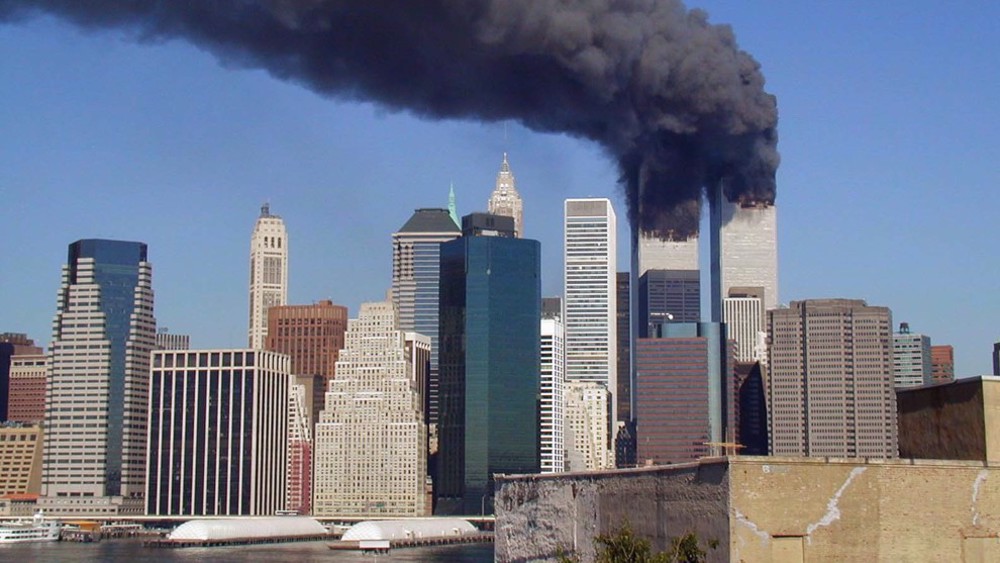
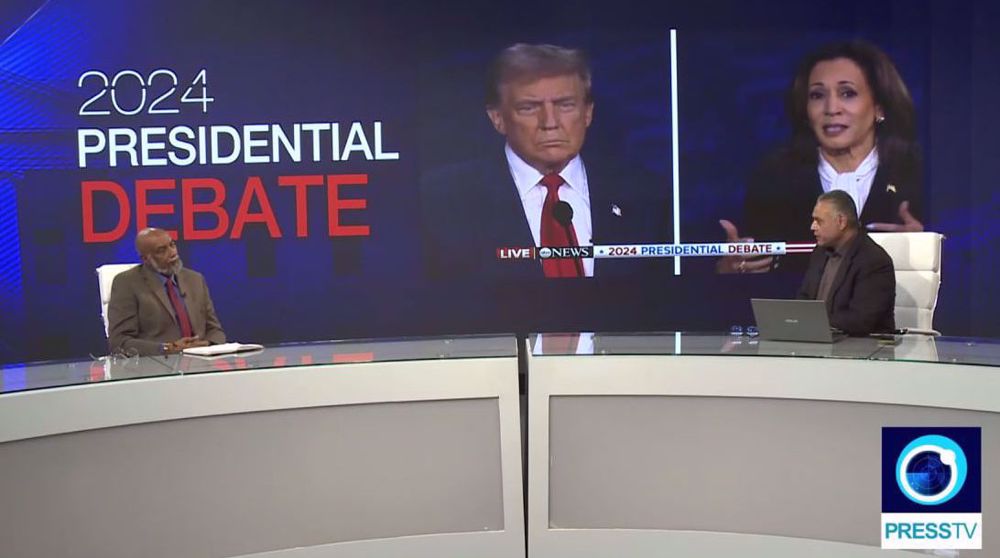



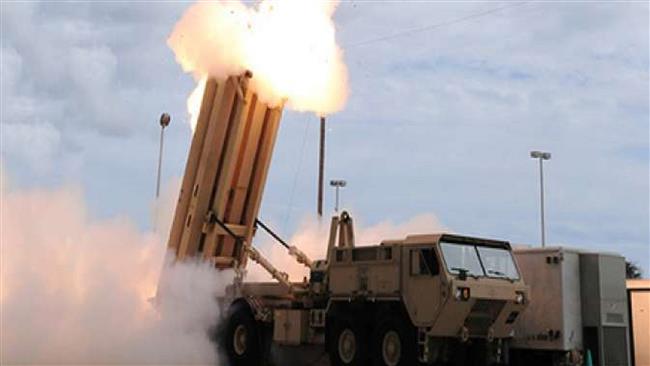
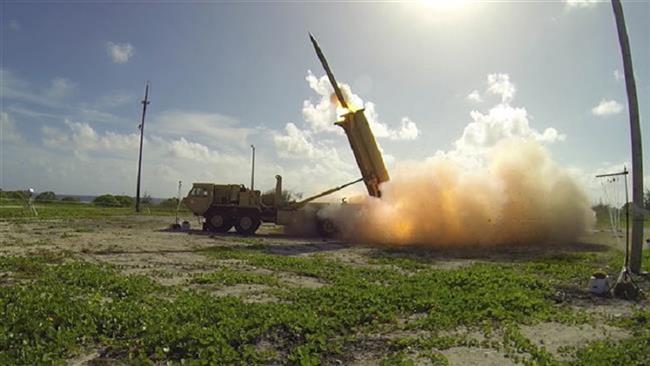
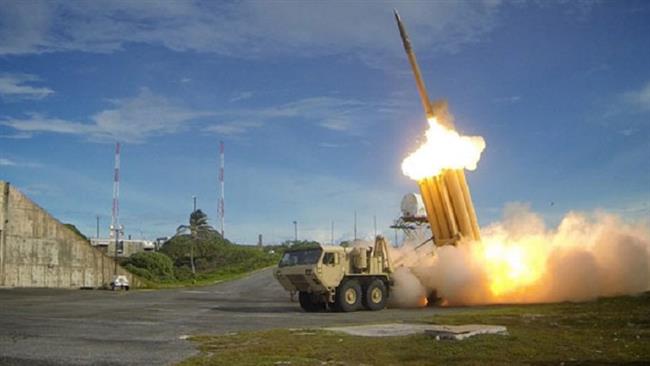




 This makes it easy to access the Press TV website
This makes it easy to access the Press TV website